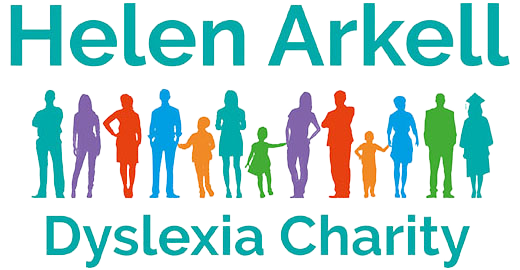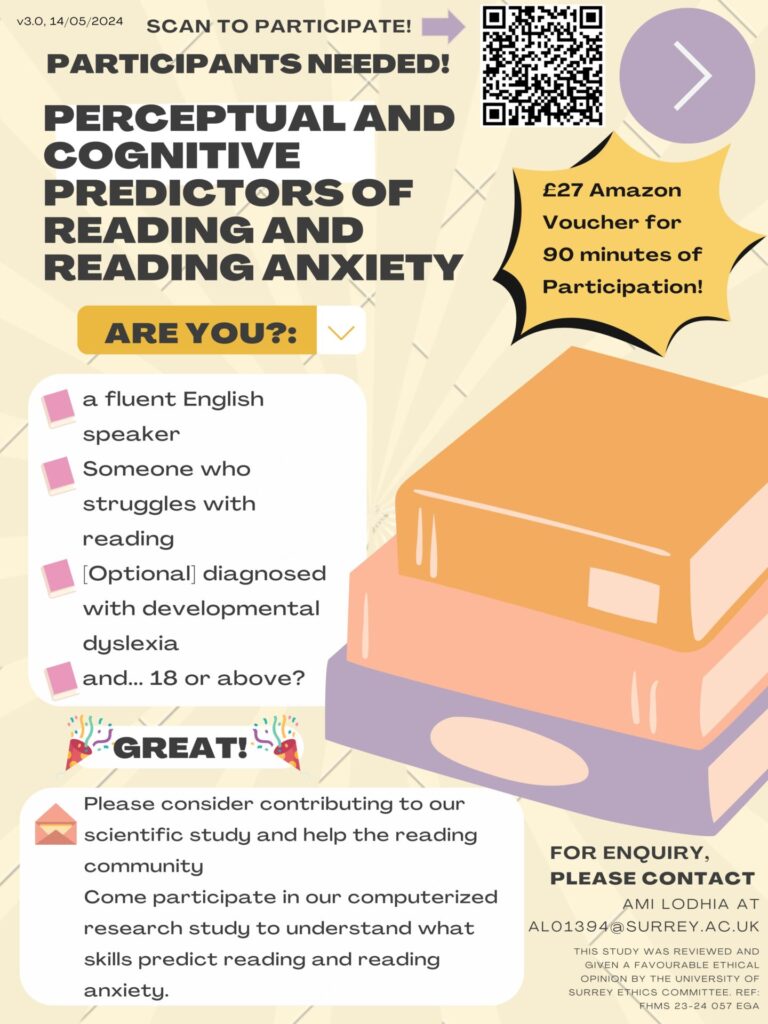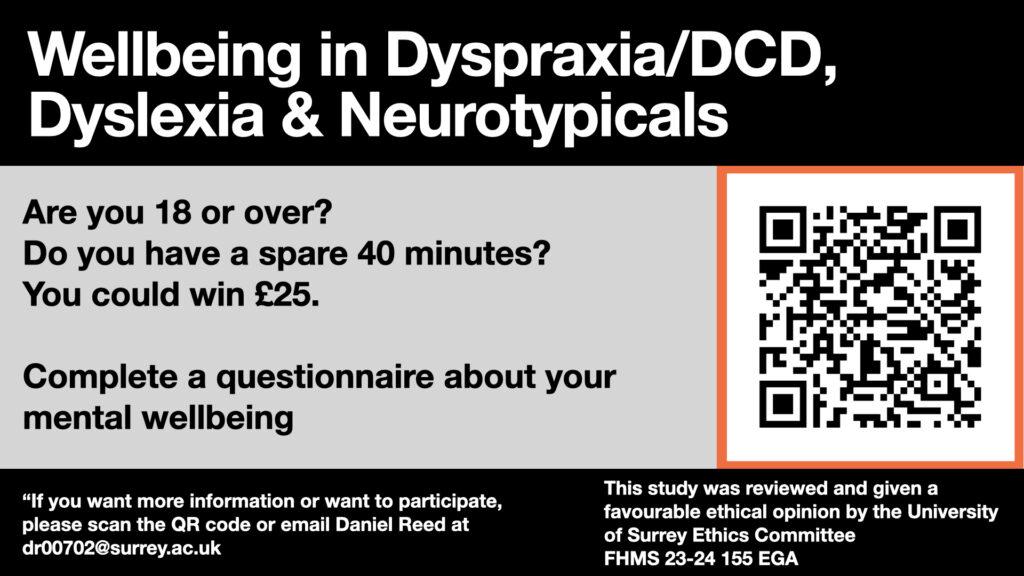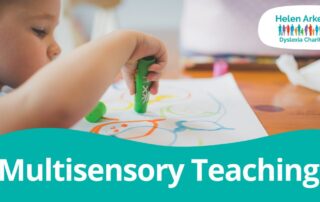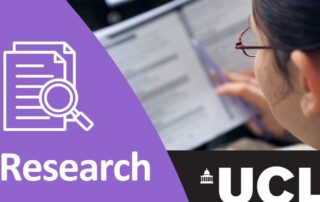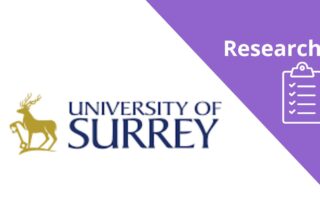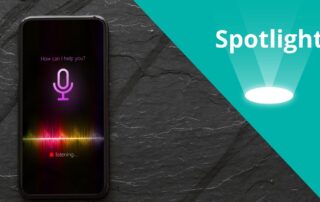News on research being conducted in the special educational needs sector to take part in as well as research findings in dyslexia and other specific learning differences.
Dyslexia Research Participants Needed!
If you are over 18 and have a Dyslexia diagnosis, you could help!
The University of Surrey has reached out to us with 2 exciting research opportunities that you may be able to participate in. If you are interested and wish to participate please get in touch with the research organisers using the contact details in the images below.
Thank you for your help!
